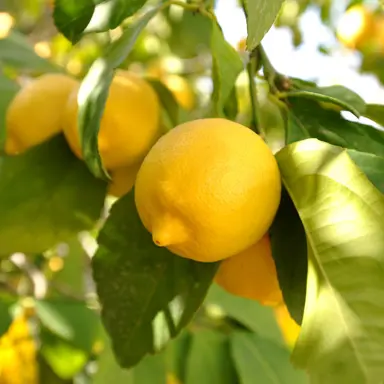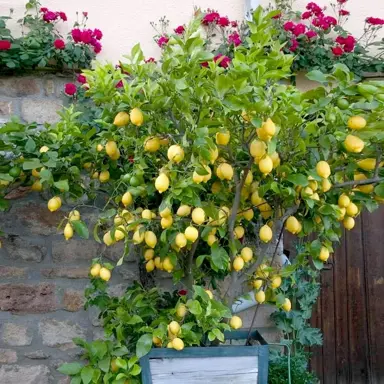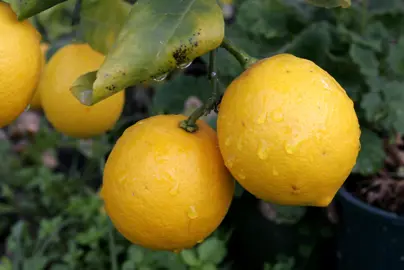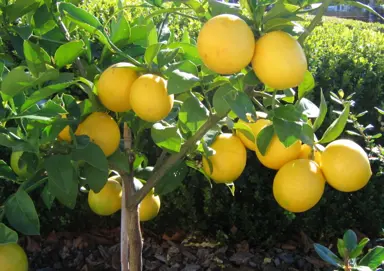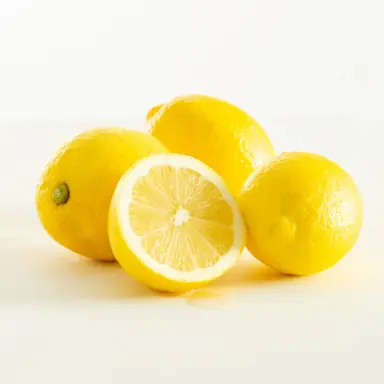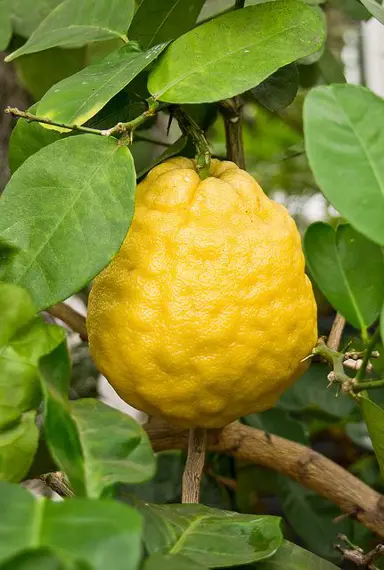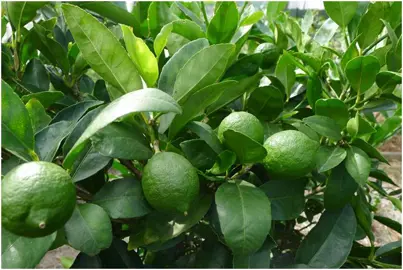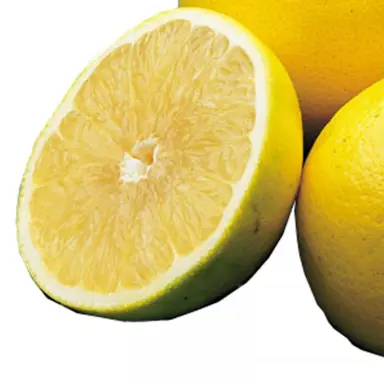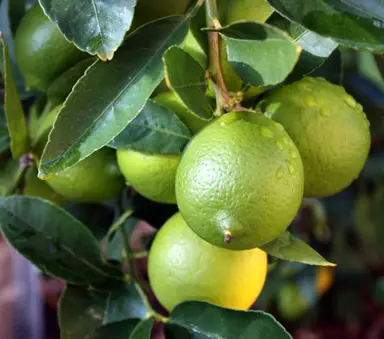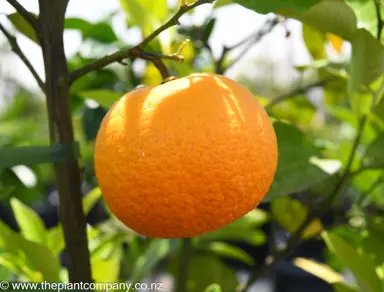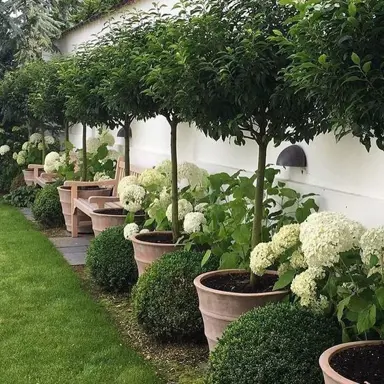'Eureka' Lemon
The ‘Eureka’ Lemon is a popular citrus variety known for its prolific fruiting and high-quality lemons. The fruit has a thin, smooth skin, abundant juice, and a tangy flavour, making it ideal for cooking, drinks, and garnishes. The tree is evergreen, attractive, and produces fruit year-round in the right conditions.
Lemon 'Eureka' is currently unavailable, but we do have other other amazing species and varieties of Lemon available.
explore them hereNotify me when this is available:
Please enter your email address below if you would like to know when it becomes available again.
